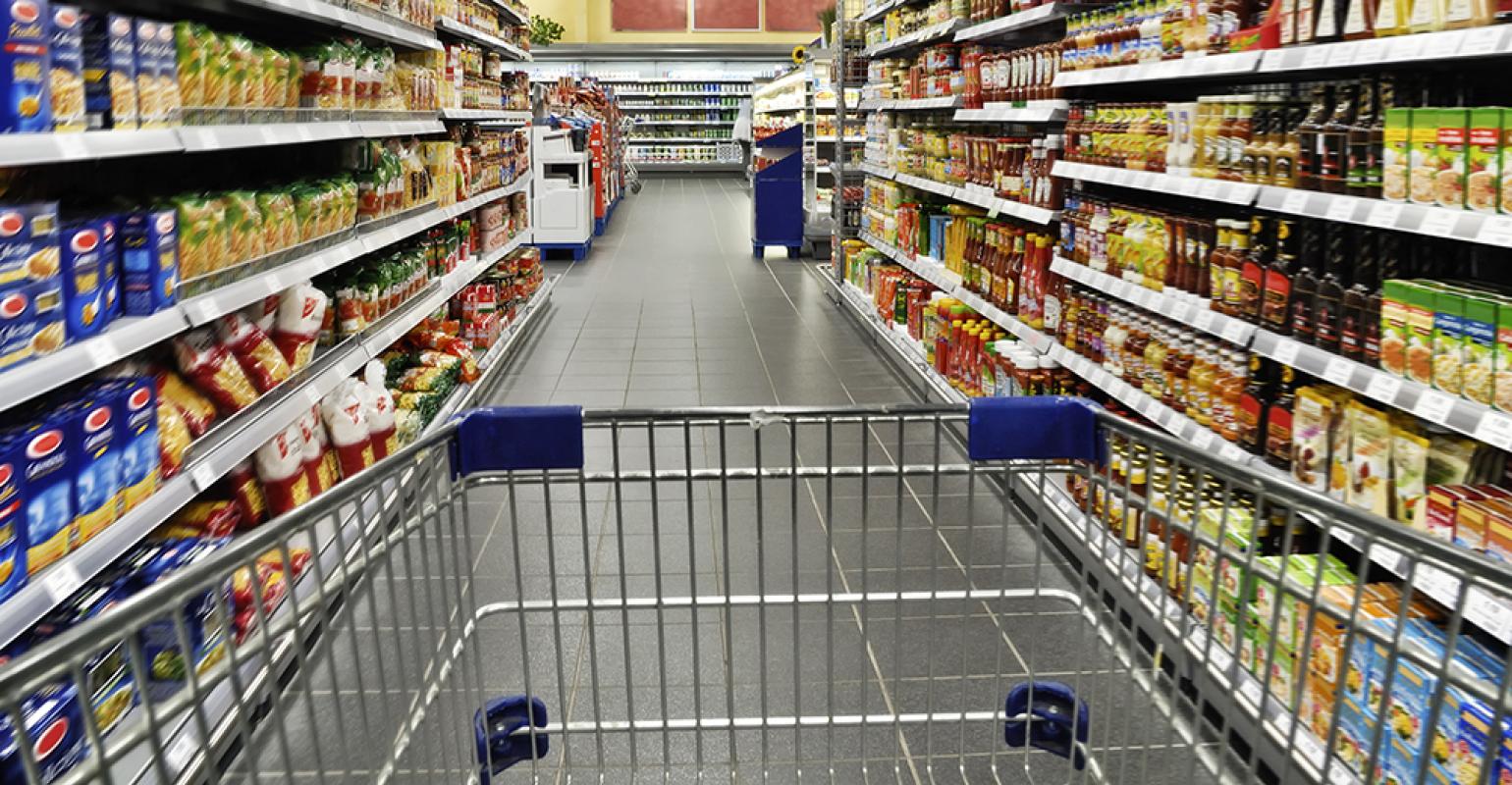Title: Cyprus Consumers Face Tough Economic Climate Despite Lower Inflation
In a recent report, it has been noted that inflation in Cyprus has remained below the Eurozone’s target average of 2%, suggesting the possibility of an interest rate cut. However, the relief from lower-than-expected inflation rates does little to alleviate the hardships faced by consumers and businesses in the country.
The ‘real economy’ is experiencing significant strain as small to medium-sized enterprises (SMEs) are forced to close their doors at an alarming rate. The main culprits for this downturn are the soaring costs of electricity and fuel, with the latter poised to rise even further due to escalating world crude prices. These challenges are compounded by a myriad of local fees and taxes that continue to burden small businesses, despite incoming mayors’ promises of reductions in exchange for votes.
The consumers’ association has expressed concerns over the lack of transparency from the Energy Ministry regarding the complex formula used to set fuel prices at the pump. The association believes that greater openness could have led to a reduction in fuel prices by approximately 3-4 cents per liter during the last quarter.
Beyond fuel, the price of everyday commodities, including olive oil—referred to as ‘green gold’—has surged by 54% over the past year, with a notable 3.4% increase in February alone. Traders are passing these higher costs onto consumers, affecting retail shelf prices of goods and services.
While some goods and services have contributed to keeping the consumer price index stable, certain sectors of the Cyprus economy lack healthy competition, resulting in persistent price increases. The government’s ‘photovoltaics for all’ scheme, intended to alleviate energy costs, has been criticized for its limitations, particularly for households unable to invest in energy-efficient appliances.
With prices on an upward trajectory, running a business or maintaining a household in Cyprus is becoming increasingly prohibitive. The current administration’s reluctance to introduce additional support measures for vulnerable populations is attributed to its commitment to maintaining sound fiscal policy. Critics suggest that revising generous compensations for politicians and high-ranking civil servants might be a more prudent approach to fiscal management.
For now, Cypriots are left with few options but to adapt to these economic pressures, as they hope for measures that will not leave them out in the cold.





